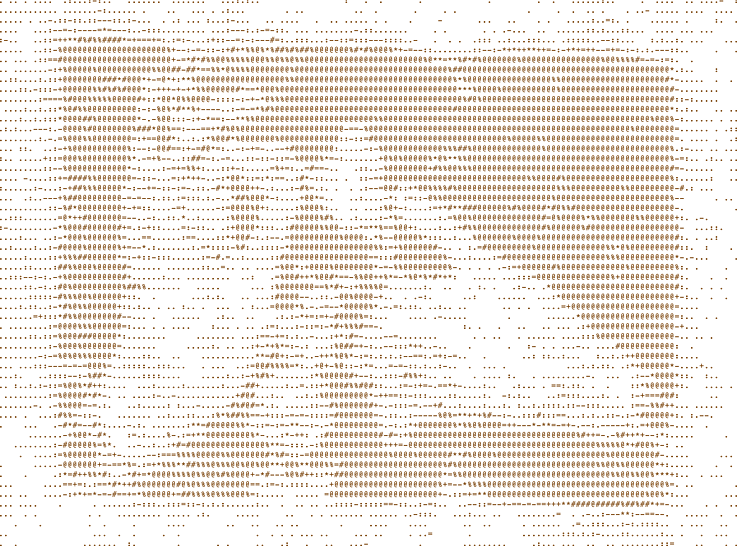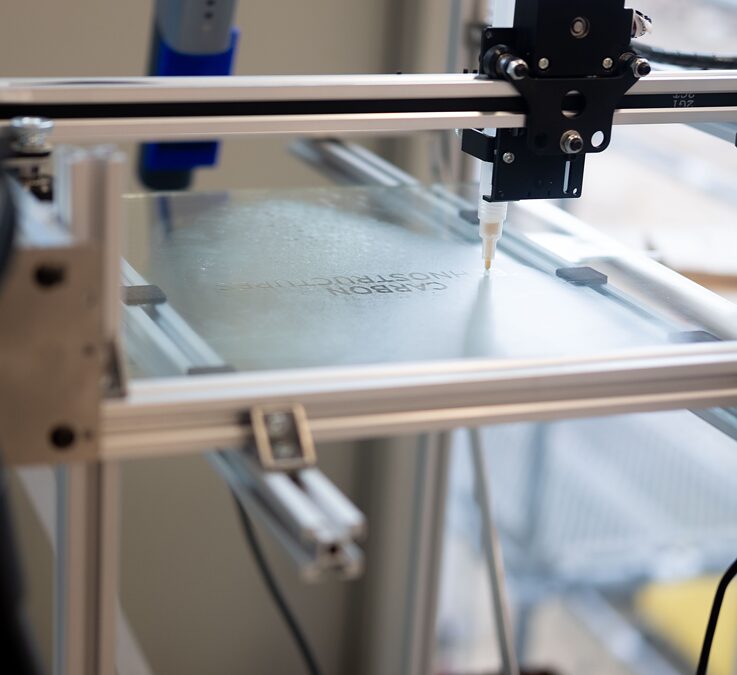Residency Programme Imagining Ecological Futures 2024
How can we reduce our ecological footprint and decolonize nature? How do new models of human and non-human co-existences look like? What kind of promising changes does biotechnology offer? And how can we create a new consciousness and awareness regarding the imbalance of nature and culture?
From May 13, to May 31, 2024, Sina Hensel and Guillaume Slizewicz & Gijs de Heij developed their projects around the theme of "Imaging ecological futures".
Below, you will find two insightful critiques on the art projects, along with introductions to the respective projects and their creators:
Where did you grow before heat planted the garden?
As Nicole Starosielski writes:''The most influential messages of the twenty-first century will be sent not through words and images but through heat and cold.''[1]
Heat reminds us of an impossible present. As an invisible force it is hard to grasp, yet it is in critical need to be made visible and tangible as thermal materiality. In the future, practices of temperature as well as questions of thermal privilege or thermal harm will shape our discourses.
Hence, in the project “Where did you grow before heat planted the garden?” thermal experiences and encounters are in focus. How do they materialise in shifts of colour and how do they leave traces as witnesses of thermal relations? With the help of heating ceramic bodies, “Where did you grow before heat planted the garden?” pays attention to heat as materiality (through colour).
About its creator:
Sina Hensel is a visual artist and researcher with a special focus on critical colour practices which include the kaleidoscopic transformations caused by the current and future chemical make-ups of landscapes and environments. She studied at the Academy of Fine Arts Karlsruhe and Hamburg and in 2019 she graduated from HISK Ghent. Since 2019 she holds a research and teaching position at the Chair of Visuals Art at RWTH Aachen. Since 2021 she is also a researcher at FHNW School of Arts Basel, University of Art Linz, and KASK Ghent and since 2022 under Prof. Claudia Mareis at Humboldt-University Berlin. Her works have been shown at 18th La Biennale di Venezia/IT, MHKA Antwerp/BE, Beursschouwburg Brussels/BE, Albert van Abbehuis art center Eindhoven/NL, Cultural Center San Pedro de Atacama/CL and CIAP Kunstverein Genk/BE. Artistic residencies brought her to Villa Empain Brussels/BE, Hangar Barcelona/ES and Residency La Wayaka Current Atacama Desert/CL. Her work is represented by Annie Gentils Gallery Antwerp/BE.
[1]Starosielski, Media Hot and Cold, 2022: Introduction
Carbon Technostructures
The project aims to render visible the infrastructures sustaining our technological practices, alongside their energy consumption and environmental repercussions. It seeks to draw attention to the energy infrastructures our technology relies upon and its ecological impacts.
The initial phase, currently being developed through a web API called Carbon Aware, shows the energy types powering website servers and users’ locations, highlighting the tangible footprint of our digital actions. For this residency, we propose to extend our enquiry through a physical installation, exploring the energy dynamics within cultural spaces.
About its creators:
Guillaume Slizewicz speaks in the language of technology but tells an emotional story. He translates complex social issues, from local air quality to online surveillance, into objects and installations that combine digital and physical (im)materials. After graduating in Politics, Philosophy and Economics in 2013, Guillaume worked as a strategist and consultant. During these years he gravitated towards design thinking, product design and finally data visualisation and machine learning, leading him to complete a BA in Production Technology at Copenhagen School of Design and Technology (KEA). Landing in Brussels, he started to work as a design researcher for the Urban Species research group by LUCA School of Arts and ULB in Brussels. In parallel he set up his own studio in 2020. His work has been presented by institutions like Impakt (Utrecht), Design Museum (Ghent), Le Pavillon (Namur) and BioArt Labs (Eindhoven), Fake/Authentic (Milan) by universities in Brussels, Leuven, Basel and Hong Kong, as well as in grassroots venues deep in the local urban fabric such Biestebroekbis, La Maison du Livre St Gilles and Constant in Brussels.Gijs de Hijs is the other artist working on this project. He is a graphic designer, artist and programmer based in Brussels. Since 2013, he has been a member of the Open Source Publishing collective in Brussels. He only uses free software, whose freedoms allow him to think critically about technology and its infrastructures.

